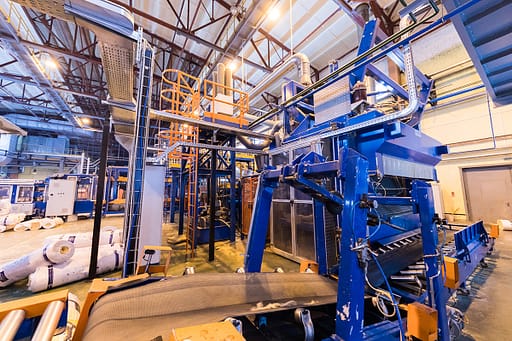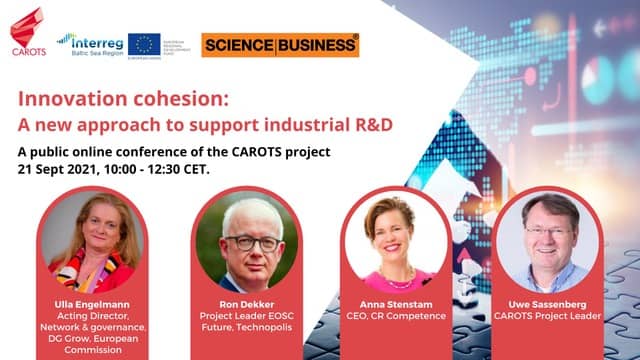Introduction
The issue to solve in this study was how Scientific Service Companies (SSCs) can become viable and profitable service companies. The study was carried out for CAROTS: a project coordinated by DESY and in part financed by the Interreg Baltic Sea Region Programme. The full report is available at https://www.carots.eu/publications/

SSCs are relatively new for-profit companies offering services to science and business. With their expertise and services, they are the perfect in-between existing scientific research infrastructures (mainly synchrotrons and other light sources) and new clients: innovative industry that wants to make use of the newest techniques to study materials like new composites and proteins (for medicine).
My role was project leader, taking care of the communication with the client, presentations, and reporting. Together with colleagues from Technopolis and OPIX, I could bring in my expertise on survey design and analysis and make use of my background knowledge on synchrotrons.

The Project
The work consisted of two main parts: the design and analysis of a survey, augmented with a workshop to discuss results, and a market analysis.
One obstacle to overcome was that SSC’s are difficult to find as they are in many industrial sectors and there is not sector code or description tagging their activities.
Main results of the analysis are:
- The market developments are promising
In both the current and traditional market of health and medicine, but also in ‘new materials’ (metals & alloys, ceramics, composites, polymers, magnetic materials, etc.).
- Lack of visibility and lack of clarity on the value proposition
SSCs are new and small, and both hinder their visibility.
In addition, the type of service is very close to research and innovation which implies experimentation and close interaction with the client, but hinders a clear definition of the product or service – what will the client get, and is it value-for-money?
- How to ensure confidentiality and deal with the sensitivity of information:
Clients are doing innovative research and development that needs to remain confidential as they are in highly competitive markets themselves. How to build trust between client and the new SSC and to ensure the confidentiality?
The dynamics of the ecosystem
Newcomers have to compete with large R&D firms, that currently do the work themselves, and with special branches at universities and the research infrastructures that also reach out to industry.
The SSCs are sometimes spin-offs as they work out new techniques for the commercial market. But the lifetime of such a new technique can be limited and then the SSC has to innovate itself to remain at the forefront of technical developments. In a way it is an ‘up-or-out’ market: either one grows fast to be large and strong enough to innovate, or they will lose their lead and stop or become a regular service company.
At the workshop some directions for solutions on supporting the SSCs were discussed:
- Provide platforms for
- training (like a SSC Start-up School), and for
- sharing expertise and
- co-creation with research infrastructures and industry,
- Extend existing support schemes for the starting up and growth phase
- to foster innovation of SSC tools and services during all phases.
- to create level-playing fields and
- to foster the development and growth of SSCs.
